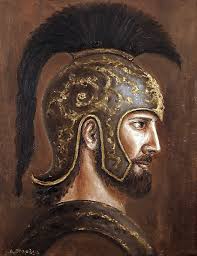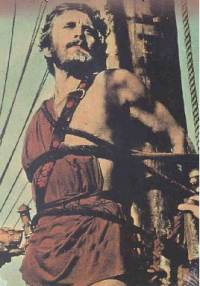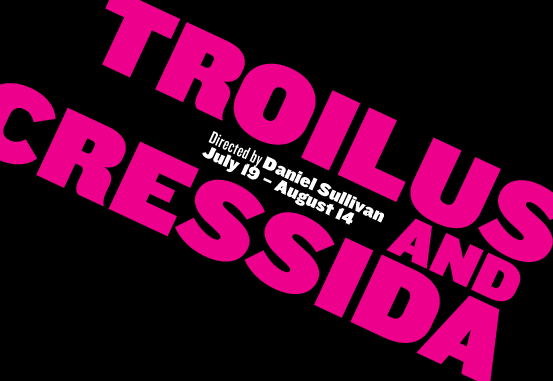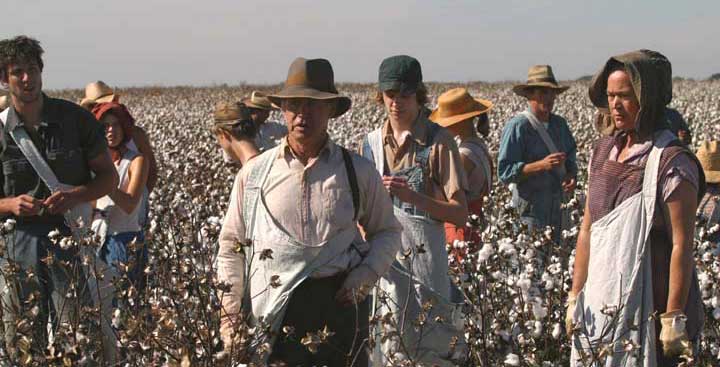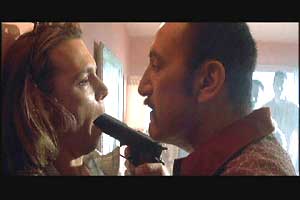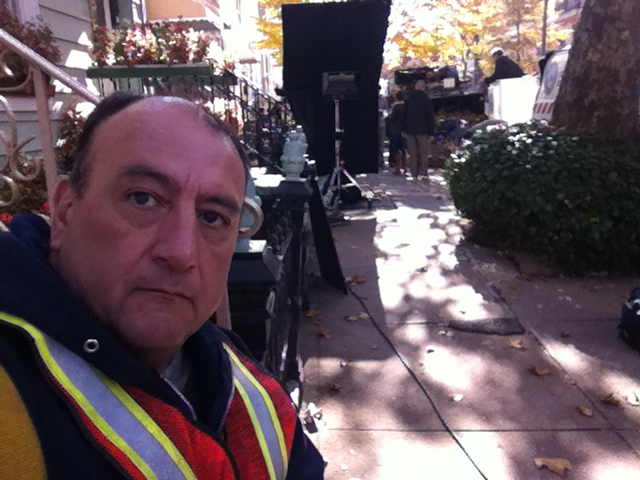I’ve been really digging deep into Troilus and Cressida. One thing that I […]
Every actor has a way of working and mine involves reading the play […]
During my time in the corporate world I learned many important lessons. Among […]
One good and genuine moment in every Oscars telecast is the “In Memoriam†[…]
